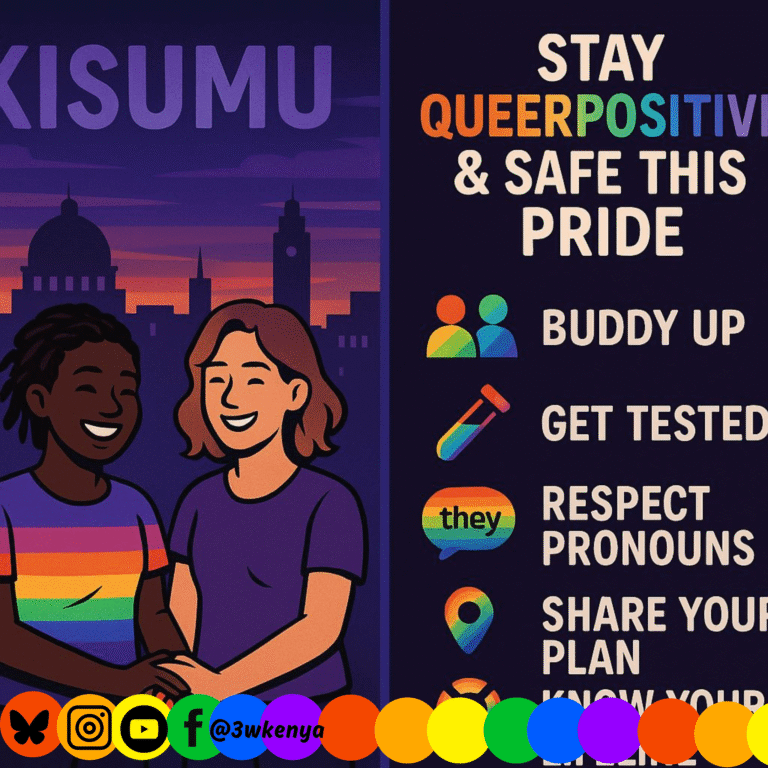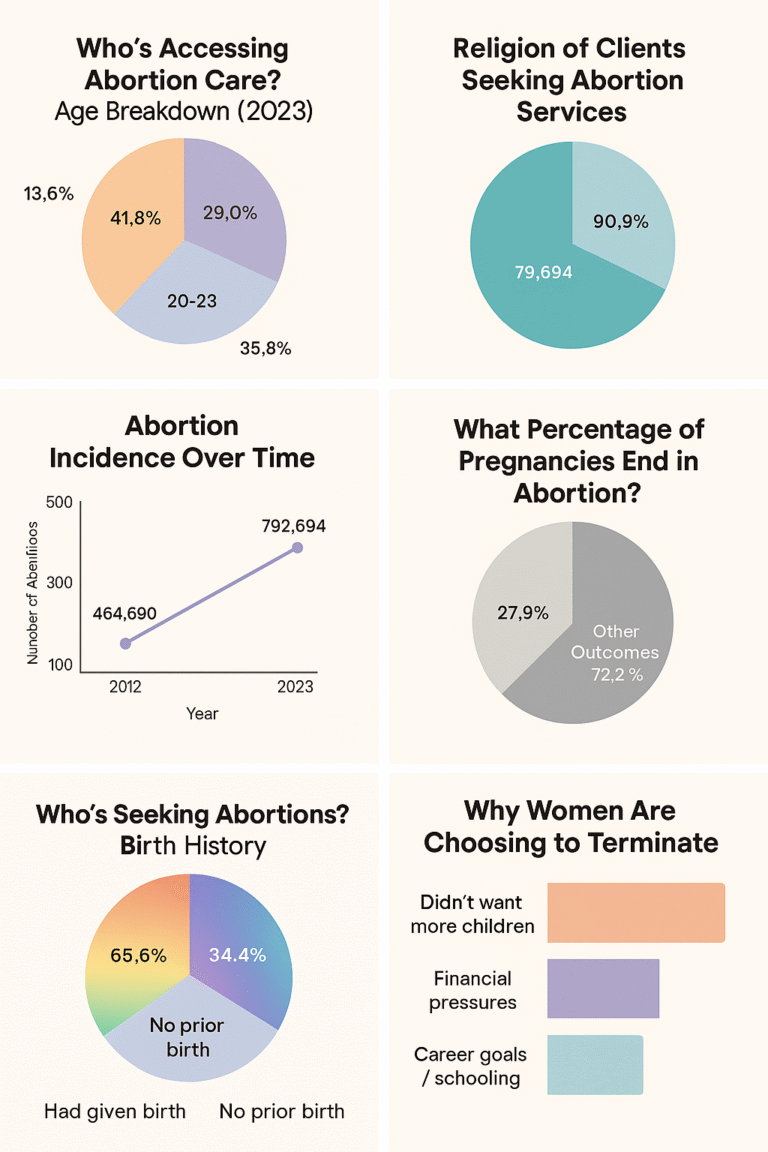Being an Ally to LGBTQIA People
For a lot of people, learning that someone they know and care about is LGBTQIA can open a range of emotions, from confused to concerned, awkward to honored. It may be hard to know how to react, leaving you with questions about what to say, how to talk about being LGBTQIA and wanting to know what you can do to be supportive.
An “ally” is a term used to describe someone who is supportive of LGBTQ people. It encompasses non-LGBT allies as well as those within the LGBTQIA community who support each other, e.g. a lesbian who is an ally to the bisexual community
An ally to LGBTQIA individuals is a person who:
- Believes that it is in their self-interest to be an ally to LGBTQIA individuals.
- Has worked to develop an understanding of LGBTQIA issues. Works to be comfortable with their knowledge of gender identity and sexual orientation
- Is comfortable saying the words “gay,” “lesbian,” “bisexual,” and “transgender.”
- Works to understand how patterns of oppression operate, and is willing to identify oppressive acts and challenge the oppressive behaviors of others.
- Works to be an ally to all oppressed groups.
- Finds a way that feels personally congruent to confront /combat homophobia, transphobia, heterosexism, and cisgenderism.
- Similar to how an LGBTQIA person “comes out of the closet,” an ally “comes out” as an ally by publicly acknowledging her/his support for LGBTQIA people and issues.
- Chooses to align with LGBTQIA individuals, and represents their needs — especially when they are unable to do so themselves.
- Expects to make some mistakes and does not give up when things become discouraging.
- Promotes a sense of community with LGBTQIA individuals, and teaches others about the importance of these communities. Encourages others to also provide advocacy.
- Is aware that they may be called the same names and be harassed in similar ways to those whom they are defending. Whenever possible, a heterosexual ally avoids “credentialing,” which involves disclosing their heterosexual identity in order to avoid negative or unpleasant assumptions or situations.
- Works to address/confront individuals without being defensive, sarcastic, or threatening.
Benefits of Being an Ally
- You open yourself up to the possibility of close relationships with an additional 10% of the world.
- You become less locked into gender role stereotypes.
- You increase your ability to have close and loving relationships with friends of all genders.
- You have opportunities to learn from, teach, and have an impact on a population with whom you might not otherwise interact.
- You may make a profound difference in the life of someone you love who finds something positive in their sexual and gender identity.
Four Steps to Becoming an Ally to LGBTQIA People
- Awareness/Accessing Resources: Become aware of who you are and how you are different from and similar to LGBTQIA people. Such awareness can be gained through conversations with LGBTQIA individuals, reading about LGBTQIA people and their lives, attending awareness building workshops and meetings, and by self-examination.
- Knowledge/Education: Become educated on the issues, knowing facts, statistics, laws, policies and culture of LGBTQIA people.
- Creating an Open and Supportive Environment: Encourage and promote an atmosphere of respect. Acknowledge, appreciate and celebrate differences among individuals and within groups. Be a safe and open person to talk with. Join one of the campus Ally Networks.
- Take Action: Teach, share your knowledge. Action is the only way to change society as a whole. Stand up for and fight for human rights.


